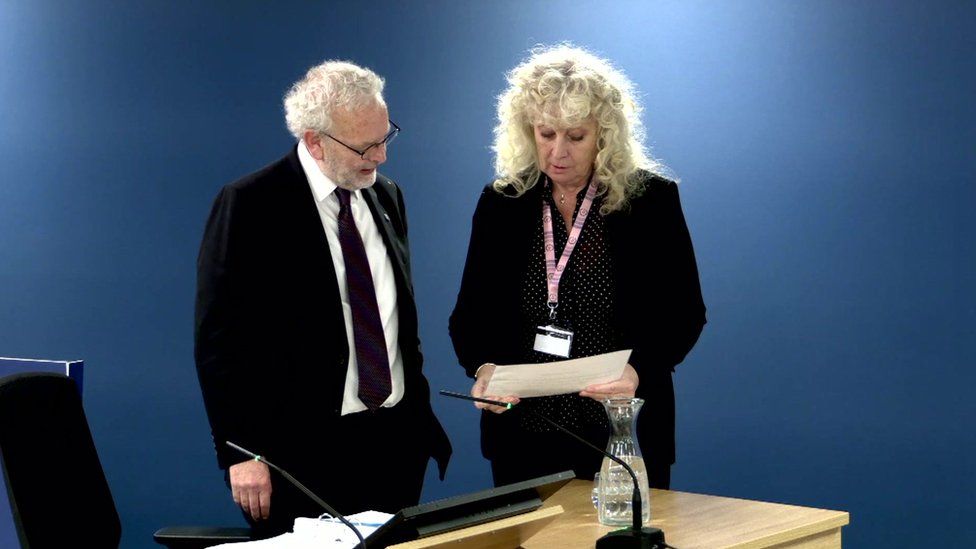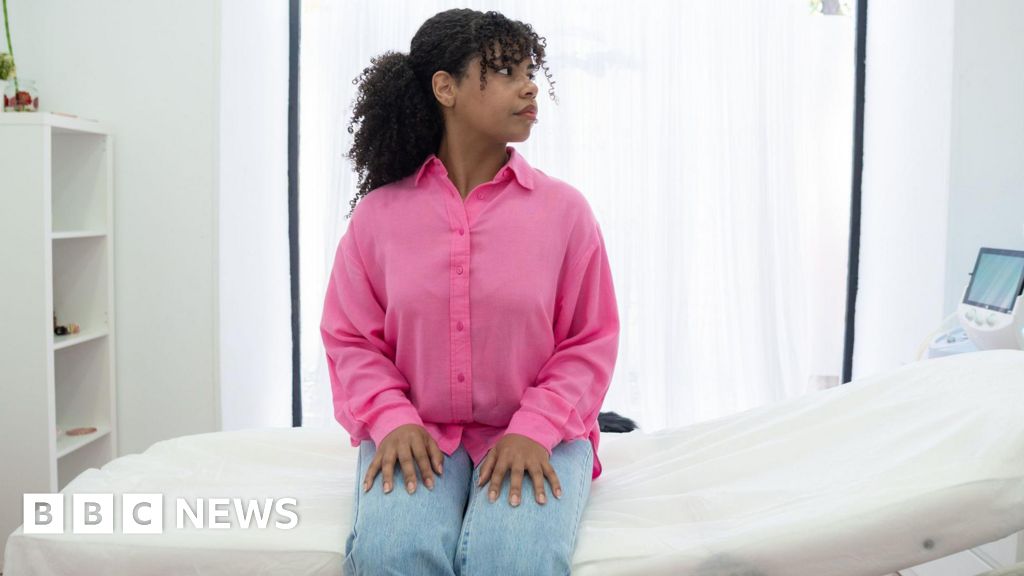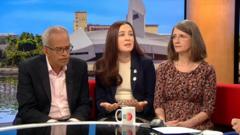ARTICLE AD BOX
 Image source, covid inquiry
Image source, covid inquiry
Prof Graham Medley being sworn in at the Covid inquiry
By Jim Reed
Health reporter
A senior government science adviser during the pandemic has told the Covid inquiry that it was clear as early as February 2020 the NHS was going to be overwhelmed.
Prof Graham Medley said that civil servants would have been aware of those concerns at the time.
The government ordered the first national lockdown on 23 March 2020.
It has said that it always acted to protect lives and livelihoods through the pandemic.
Former ministers including then-prime minister, Boris Johnson, and then-health secretary, Matt Hancock, will give evidence to the inquiry later this year.
Prof Medley, professor of infectious disease modelling at the London School of Hygiene and Tropical Medicine, was a member of the Scientific Advisory Group for Emergencies (Sage) and co-chaired the influential SPI-M-O subgroup which calculated and modelled the spread of the virus during the pandemic.
Giving evidence, he said it was "no secret" by the end of February 2020 that the NHS would be overwhelmed by Covid cases.
"The extent of the epidemic became very clear during February. By that point we had established the infection fatality rate, that's the proportion of people dying following infection, at around 1%," he said.
"If 80% of the population were infected in a single wave, then we could calculate the numbers who would die."
Prof Medley was then asked why the formal minutes of the Sage group of advisers did not record a high level of concern about the impact on the NHS over that period.
He said civil servants responsible for the minutes would have "completely understood" the views of scientists on Sage.
He recalled an account named "Dominic Cummings iPhone X" also dialled into remote meetings of the SPI-M-O subgroup at the time.
"Even if it is not in the paperwork, it was known," he said.
The government permitted mass gatherings to go ahead through the first part of March 2020, including a Six Nations rugby match at Twickenham on 7 March and the Cheltenham horseracing festival from 10-13 March.
A full national lockdown with a mandatory stay-at-home order was announced on 23 March that year.
Image source, COVID INQUIRY
Image caption,WhatsApp exchange released by the Covid inquiry between Boris Johnson, Sir Patrick Vallance and Matt Hancock
'Sage geezers'
The inquiry was also shown WhatsApp messages exchanged between Mr Johnson, Mr Hancock and Sir Patrick Vallance in June 2020.
Mr Johnson wrote: "These Sage geezers now saying we should have gone into lockdown earlier. Can we gently ask them why they didn't make their anxieties public at the time???"
Sir Patrick, the government's chief scientific adviser from 2018 to 2023, replied: "I think there's too much enthusiasm for the camera at the moment and will speak to them again.
"All the minutes of Sage are published and so data recommendations are clear."
Mr Hancock then replied to the messages saying it was "exceptionally unhelpful having individual members of Sage making comments like this, it undermines us all".
Asked about the exchange, Prof Medley said the whole area of media appearances was a minefield.
"I think this is a difficult area in terms of the kind of inside/outside government and independence [of scientists]," he added.
"Clearly the government values independence and wishes to have independent people giving advice and providing evidence. And of course, if we're independent then we can say what we like.
"In an epidemic, one of the key things that determines outcome is the coherence of the population. And we're very well aware of that."
This second stage of the Covid Inquiry is examining political decision-making during the pandemic, from January 2020 until February 2022, including the timing and effectiveness of lockdowns and other social-distancing restrictions.
It is taking witness evidence in London until Christmas, before moving to Scotland, Wales and Northern Ireland to look specifically at the decisions made by administrations in those parts of the United Kingdom.

 1 year ago
70
1 year ago
70








 English (US) ·
English (US) ·